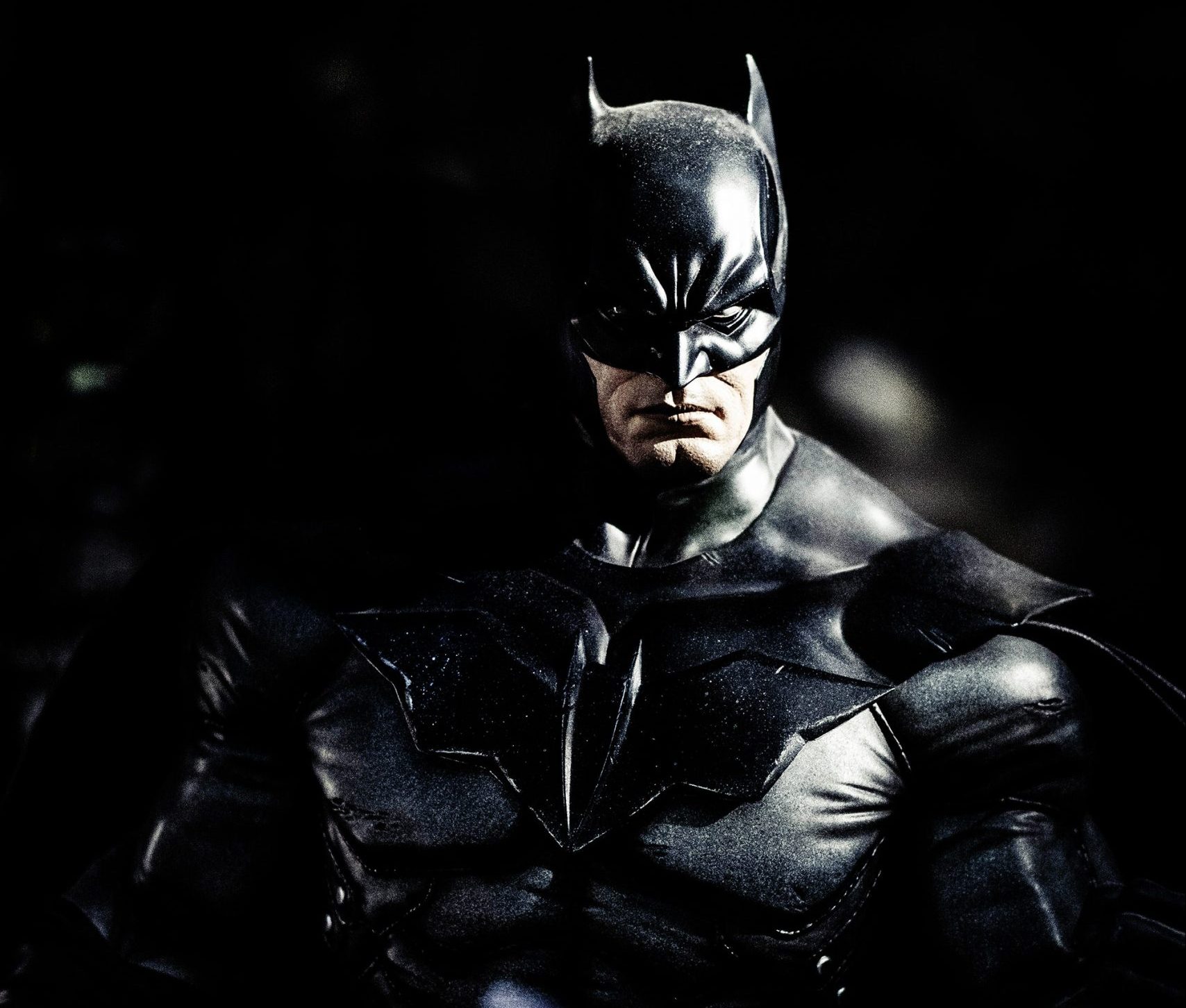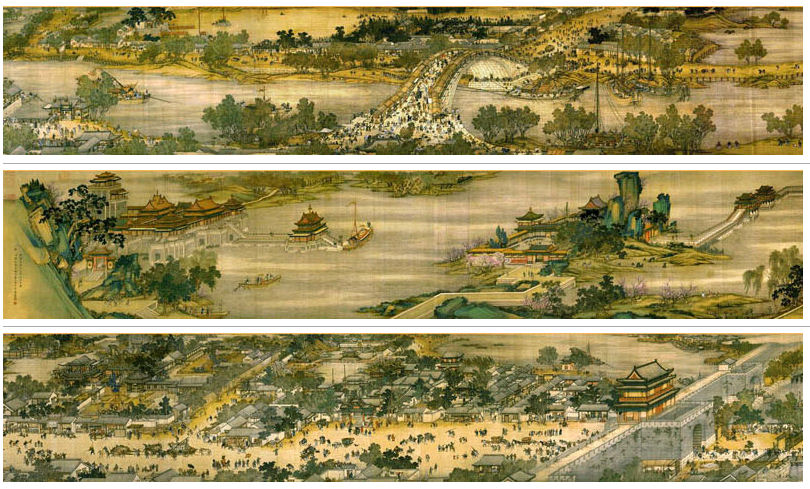
June 1, 2020, by UoN School of English
The Myth of Individualism
In the Dutch historian Rutger Bregman’s latest book Humankind, he researches a real-life version of Lord of the Flies. In June 1965, six boys from Tonga floated out to sea in a stolen boat, and found themselves washed up on a desert island for fifteen months. Unlike William Golding’s novel, however, which ends in brutality and murder, the boys worked together in harmony until being rescued, and when one boy fell off a cliff and broke his leg, the others helped him back up, set his leg, and did his work for him. (An excerpt from Humankind in The Guardian explores this in more detail.)
There’s a belief in Western culture that humans are intrinsically selfish creatures: that we are, at our very cores, individualists. I find this to be a self-perpetuated myth. I think we enjoy these cynical, Randian stories, because they excuse us for believing that individualism – and by extension, capitalism – are immutable facts of human nature, rather than a consequence of ideological and cultural influence on our nurture. Our darkest secret is our innate selfishness, we tell ourselves, ignoring the fact that while humans have been around for two hundred thousand years, capitalism has only existed for the last three hundred.
Individualism has become so ingrained in our cultural psyche in recent decades that, far from being a dark secret at the heart of Golding’s novel, we openly glorify it. It prevails through our most popular fictions, bluntly manifesting itself as the Hollywood superhero movie. In this mythos, rather than relying on democratically elected officials to save us, we put our lives in the hands of the rich and powerful: the elite, superpowered individual. We don’t follow the people on the ground, running away – they’re not important or special – instead, we live vicariously through the elite few, the aspirational Randian heroes. We fight to protect the status quo. Lip service may be paid to notions of family, teamwork and society – but in superhero movies, there is no such thing as collective action. There are just Superheroes, teaming up with other Superheroes, and punching things.
I’ve found myself growing weary of individualist stories lately. They just don’t ring true anymore. If anything comes of this pandemic, I hope it dispels the myth of the individual, and helps us to recognise that we hold a collective responsibility to each other. I like to think there has been a shift in the tide recently – Bong Joon Ho’s Oscar-winning Parasite last year exposes the misery of South Korea under late capitalism, and his previous film Snowpiercer is equally charged. Ideas of the human society as a collective are common in works of East Asian authors – my personal favourite is Cixin Liu – but far rarer in Western fiction, which is a shame.
I think it’s time for a different myth. Anton Chekhov said, ‘Man will become better when you show him what he is like.’ We can create a fairer, more just world: we just need to tell a different kind of story.
Angus Forshaw is an English student at the University of Nottingham.

‘Along the River During the Qingming Festival’ by Zhang Zeduan. It has been called ‘China’s Mona Lisa’.
Image credits: Marcin Lukasik, Zhang Zeduan
No comments yet, fill out a comment to be the first

Leave a Reply